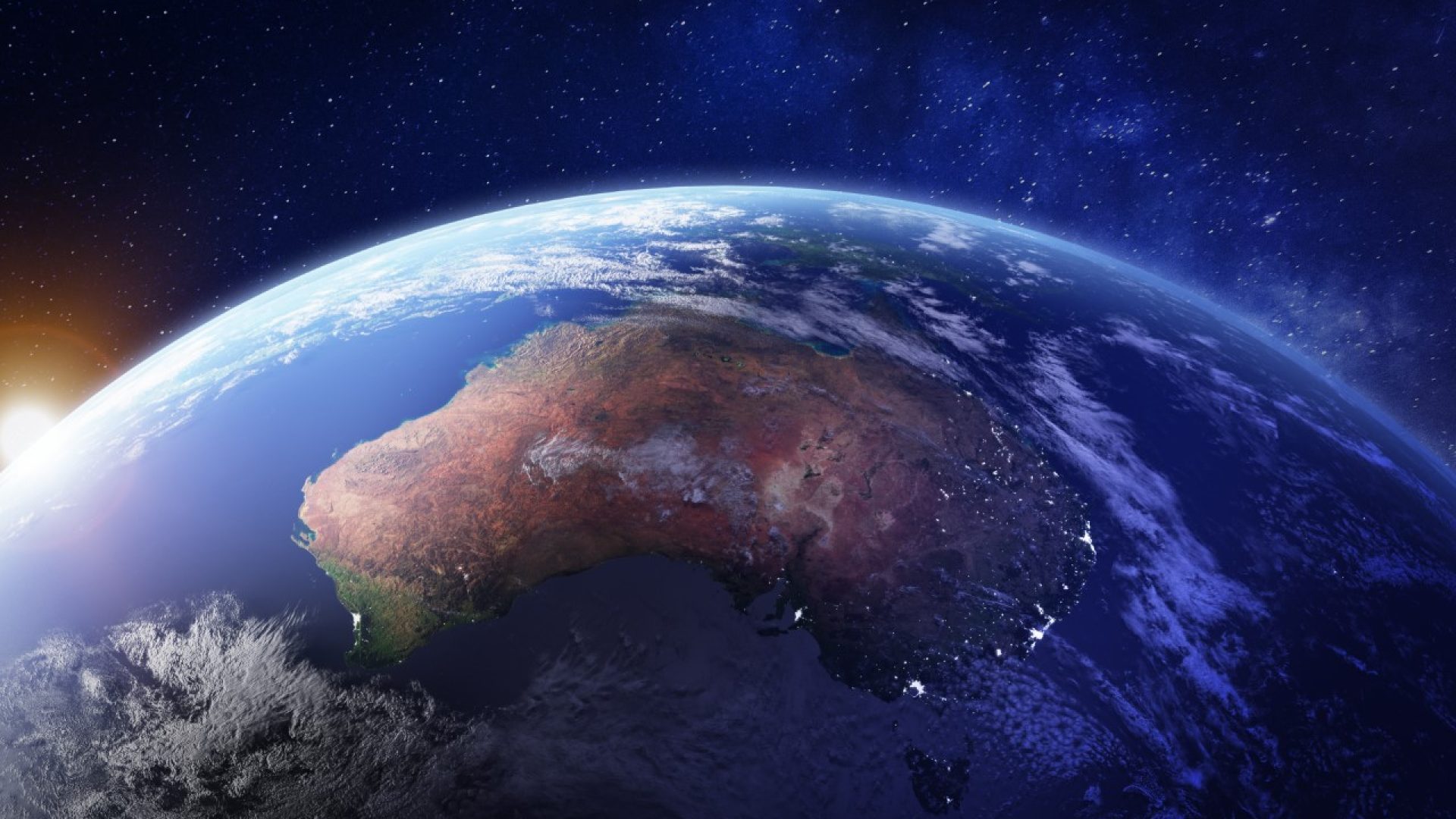Design Beyond Earth: Creating a better future on and off Earth Past Event
Presented by Scienceworks in collaboration with the Australian Space Agency
Tickets
Date
2:30 pm – 3:30 pm
Venue
Access
Auslan Open captioned Wheelchair Access
Design Beyond Earth: Creating a better future on and off Earth Past Event
Presented by Scienceworks in collaboration with the Australian Space Agency
Design innovations in the space industry aren’t limited to space exploration or a future beyond Earth. The challenges posed by travelling through and surviving in space are similar to those we are facing currently on Earth; from tackling the effects of climate change and managing limited natural resources to advancements in health and medicine.
Consider how investment in space technologies contributes to improved living conditions on Earth in a conversation with designers, researchers and industry leaders who will reflect on how advancements in space exploration are creating a better future here at home in a number of innovative and sometimes surprising ways.
Before attending the talk, guests can experience the excitement of today’s space missions and the design innovations behind them with a screening of From Dream to Discovery: Inside NASA – a fulldome show presented exclusively for Design Week at the Melbourne Planetarium at Scienceworks.
This event will take place at Scienceworks and will also be streamed online. Guests can choose to purchase a ticket to attend in person, or an online ticket to watch the live-stream. All ticket holders will have on-demand access to the event recording for 14 days.
Planetarium show not included in ticket price but can be added at additional cost.
Participants
Dr Rebecca Allen is the Program Lead of Microgravity Experimentation at the Space Technology and Industry Institute at Swinburne University. She completed her PhD in astrophysics at Swinburne University of Technology where her research focused on understanding the evolution and growth of galaxies over time, going all the way back to when the Universe was barely a billion years old. Now, the project lead for microgravity experimentation at Swinburne’s Space Technology and Industry Institute, she applies her scientific expertise to help support Australia’s growing space industry. To this end, she is working with the SmartSat CRC as the capability demonstrator lead for I-in-the-Sky, a program designed to explore how space can be used to build climate change resilient communities. When she’s not studying space or sending things there, she’s sharing her enthusiasm for space by communicating the wonders of the Universe to others and creating inspiring learning experiences.
Dr Brian Killough has 35 years of NASA experience and leads the Committee on Earth Observing Satellites (CEOS) Systems Engineering Office (SEO). The SEO supports the international CEOS organisation coordinating satellite Earth observation data for global benefit. Dr Killough has played a significant role in the evolution of the Open Data Cube initiative and the development of regional data cubes in Africa, the Americas and the Pacific Islands. Dr Killough has authored over 20 technical papers and received the NASA Exceptional Service Medal in 2016 and the 2021 GEO Individual Excellence Award.
Olivia Sackett is the Space Tech and AI Lead for EY Oceania, for which she leads the strategy, design and delivery of Earth Observation products and services. She manages collaborations with global tech organisations and world-class academic institutes, such as NASA, Microsoft, Swinburne University of Technology and CSIRO. Olivia has a PhD in polar marine science, spectroscopy and hyperspectral analysis and modelling, which led her into the field of remote sensing. Olivia led STEM teams to design and deliver EYs 2021 and 2022 Better Working World Data Challenges, attracting many thousands of participants globally to tackle bushfires and biodiversity loss.
Professor Christine Thong is Academic Director at Design Factory Melbourne, an Innovation Hub at Swinburne University of Technology, and leads an Innovation Lab for the Australian Research Council’s Centre of Excellence for Dark Matter Particle Physics. She has extensive experience working as a Design Educator, Researcher and Facilitator with STEM fields. Christine founded a global student program, CBI A3, that uses design innovation to explore uses of deep technology to address United Nation Sustainable Development Goals in 2030. She is currently plotting with colleagues how these methods can be adopted into Swinburne’s Space Science Major, to explore socially responsible and commercial use of nanosatellites.